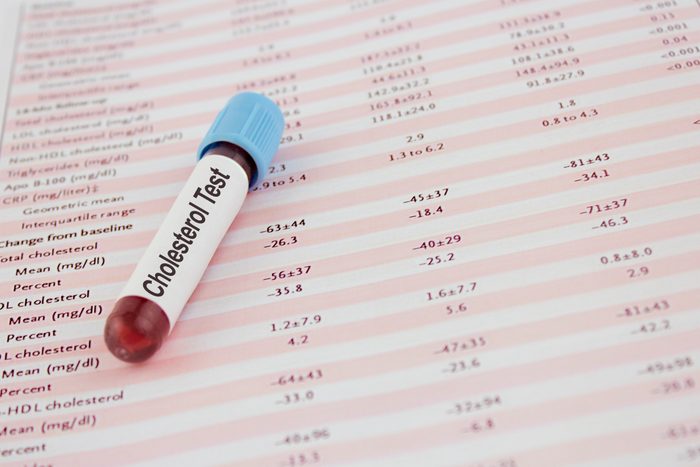
New rules to live by
High cholesterol is a risk factor for developing cardiovascular disease, the top cause of death in the United States and worldwide. One of the ways to keep cholesterol in check is by watching what you eat. But that gets tricky when the rules for healthy eating have changed over the years. “To understand how diet can affect your cholesterol, we first have to set the record straight,” says Elroy Vojdani, MD. “The story we heard in the ’80s and ’90s, that cholesterol in foods you eat can affect the cholesterol in your blood, is incorrect.” More recent research has shown that other kinds of foods can affect your cholesterol and your heart health. Here are the foods that experts recommend that may lower cholesterol.
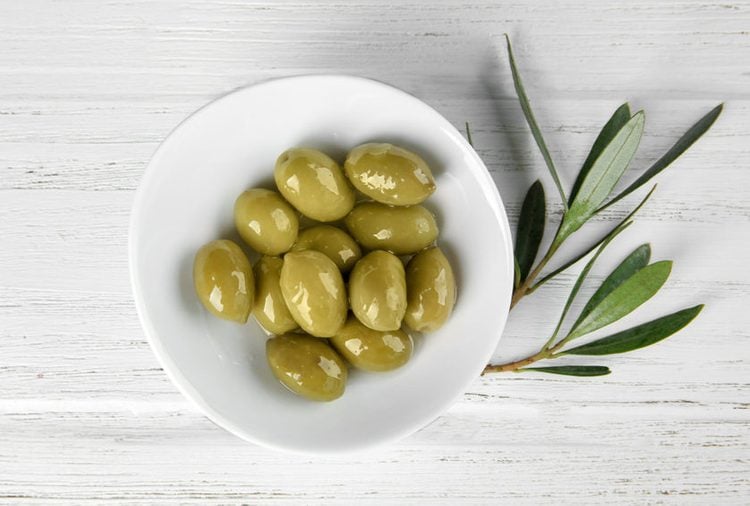
Olives and olive oil
“Various studies have shown that olive oil or an olive oil-rich diet lowers the levels of total blood cholesterol,” says Amy Riolo, author of The Mediterranean Diabetes Cookbook. In a 2015 study of people with high cholesterol, blood samples taken just two hours after subjects ate a meal with olive oil showed less potential for harmful clotting compared to subjects who ate a meal cooked with corn oil. That may explain the lower incidence of heart problems in countries where olive oil is the main cooking fat.
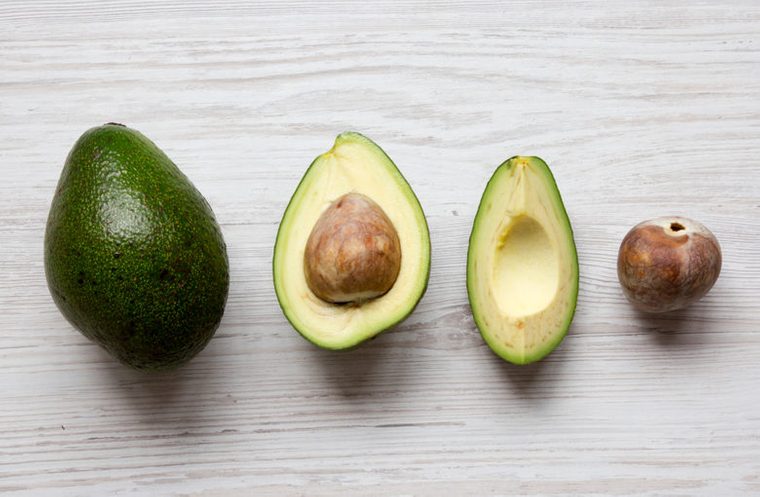
Avocado
When you replace saturated fats like those found in animal products—beef, bacon, butter—with mono- or polyunsaturated fats from plant sources like avocados, the impact on cholesterol is dramatic, says Dr. Vojdani. Levels of LDL, the kind of cholesterol that contributes to plaque buildup that can cause arterial blockages, decrease. At the same time, HDL or healthy cholesterol, which plays a role in clearing LDL cholesterol from the body, increases, says Dr. Vojdani.
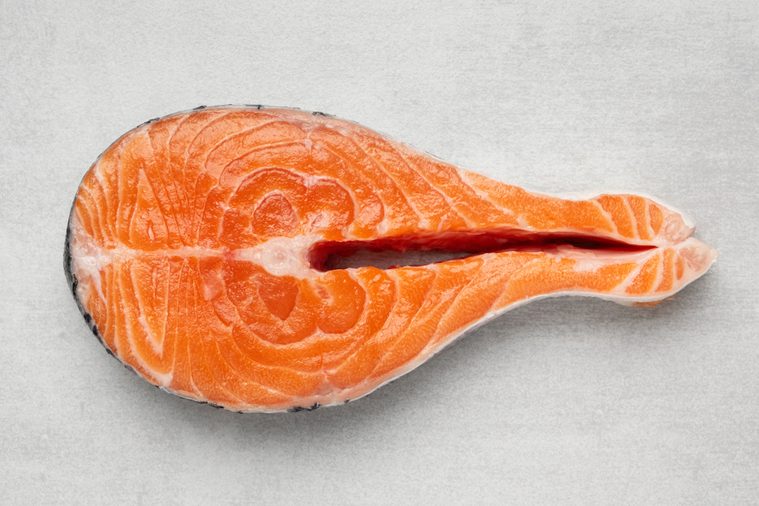
Wild salmon
Fish is another excellent food choice. Fish is loaded with healthy monounsaturated fats, which have a beneficial effect on cholesterol, Dr. Vojdani says. Salmon is one of the 7 best fish to eat, and wild salmon is one of the top dietary sources of healthy fats and its ratio of omega-3s to omega-6s (two types of fatty acids) can help lower LDL counts. (Farm-raised or wild-caught salmon: find out which one you should be eating.)
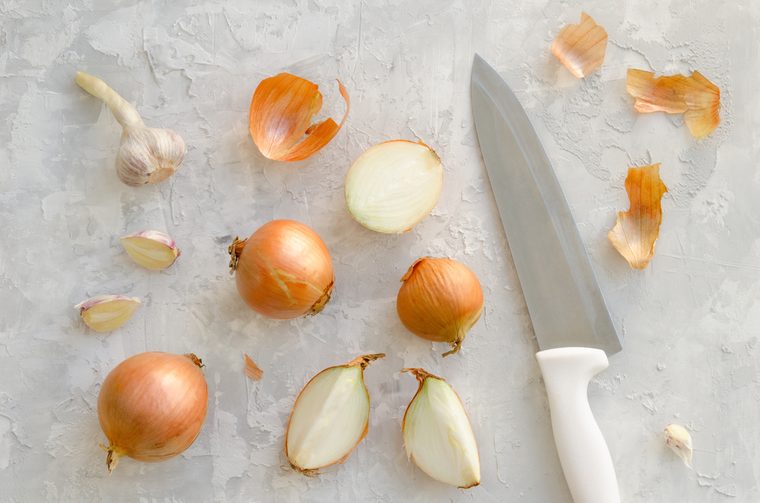
Onions
No more tears—this culinary staple has been shown to lower LDL cholesterol levels in mice, and it’s likely due to a flavonoid known as quercetin, which acts as an antioxidant that helps prevent cholesterol from clogging arteries. Onion’s culinary cousins, including garlic and leeks, have a similar effect. “Mediterranean lore is full of tales about leeks, most of which have recently been proved to be true,” says Riolo. “They can reduce bad cholesterol, increase good cholesterol, and maintain healthy blood pressure levels.”
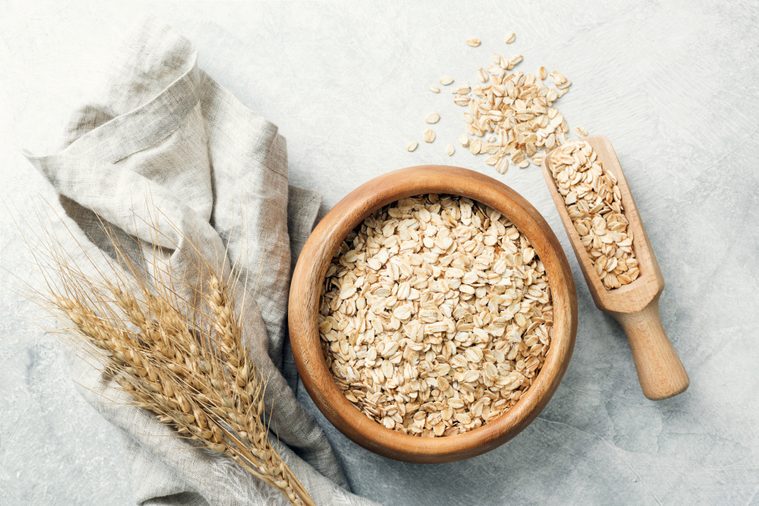
Oats
Oats, bran, and other whole grains are great sources of soluble fiber, a nutrient that can bind to dietary cholesterol and prevent it from being absorbed by the body, says Dr. Vojdani. “For many people, that may be enough to achieve meaningful results,” he says. (Learn exactly how much fiber you need to prevent heart disease.)
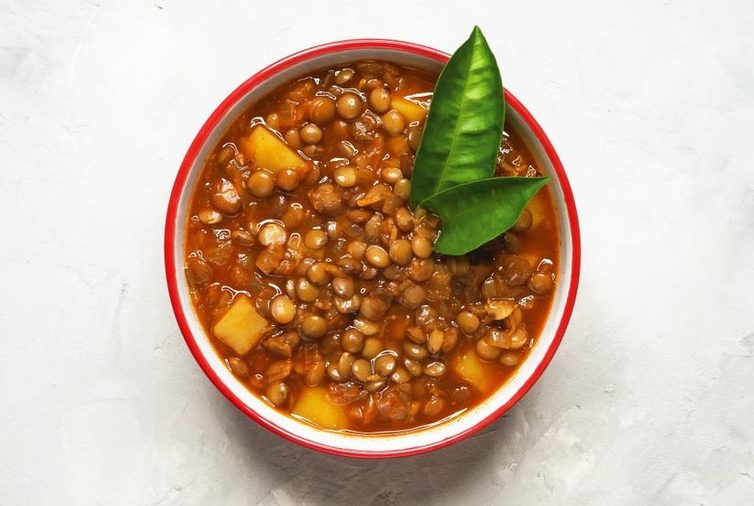
Beans
Most Americans don’t eat enough legumes—beans, peas, chickpeas, and lentils—even though they’re foods that lower cholesterol. Here’s a good reason to up your intake: A study published in the Canadian Medical Association Journal found that having just a single serving a day for six weeks lowered LDL cholesterol by 5 percent. Beans and other legumes have a good deal of fiber and antioxidants, both of which beneficially affect cholesterol.
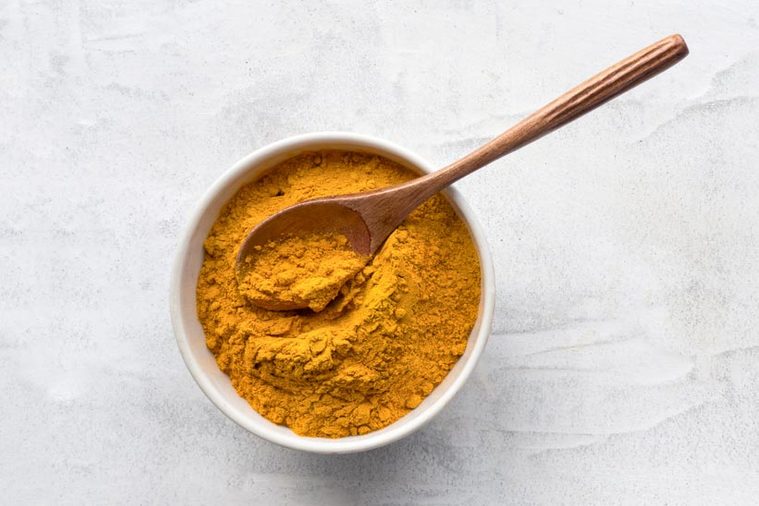
Turmeric
This bright yellow spice, often used in curries, is a potent anti-inflammatory agent and can also help reduce LDL levels in our blood, according to Dr. Vojdani. Even low doses of its active ingredient, curcumin, may reduce total and LDL cholesterol in patients with coronary disease, along with these other things that could happen if you eat more turmeric.
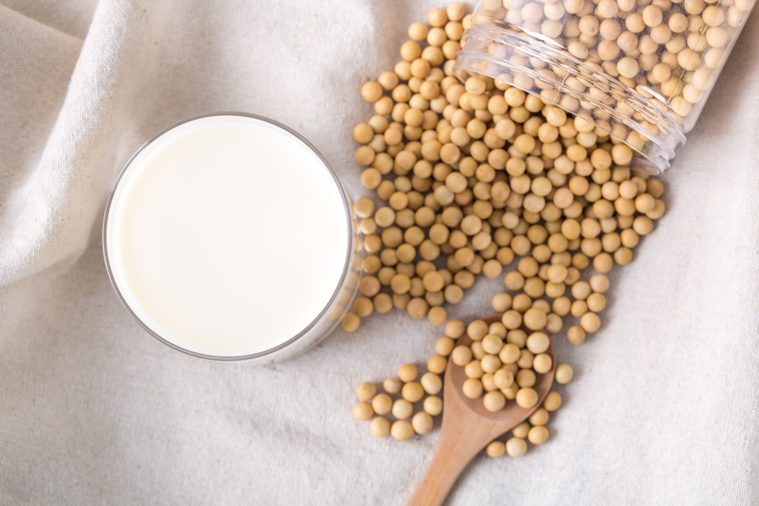
Soy
Tofu, edamame, soy milk—any soy-based food is a good source of phytosterols, compounds that are structurally similar to the cholesterol your liver produces. When you eat these foods that lower cholesterol, your body absorbs less cholesterol—simply getting the recommended amount of soy per day can lead to a reduction in LDL levels of up to 14 percent, says Dr. Vojdani. Studies suggest about four servings per day of soy.
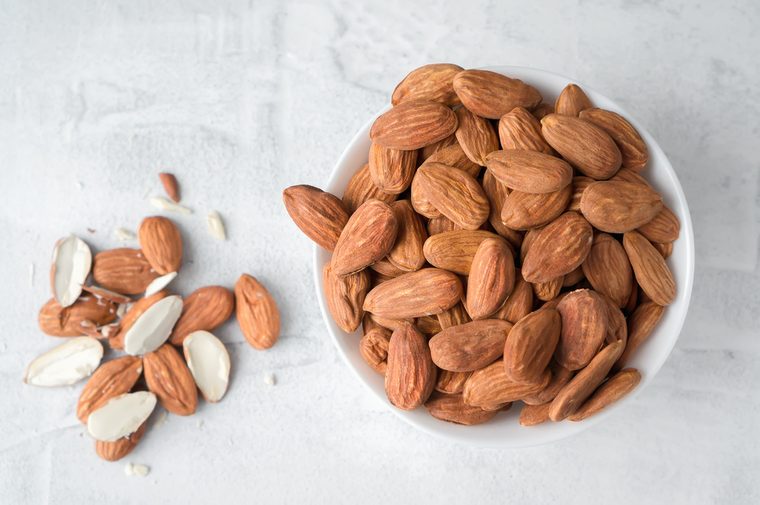
Almonds
Of the many health benefits of almonds, these nuts can help lower cholesterol and serve as a good source of both healthy fats and fiber, two nutrients that help keep cholesterol levels in check. In a 2017 study published in Nutrition Research and Practice, researchers found that consuming 56 grams of almonds as a snack had a positive effect on total cholesterol levels. Here’s a list of the best nuts you can eat.
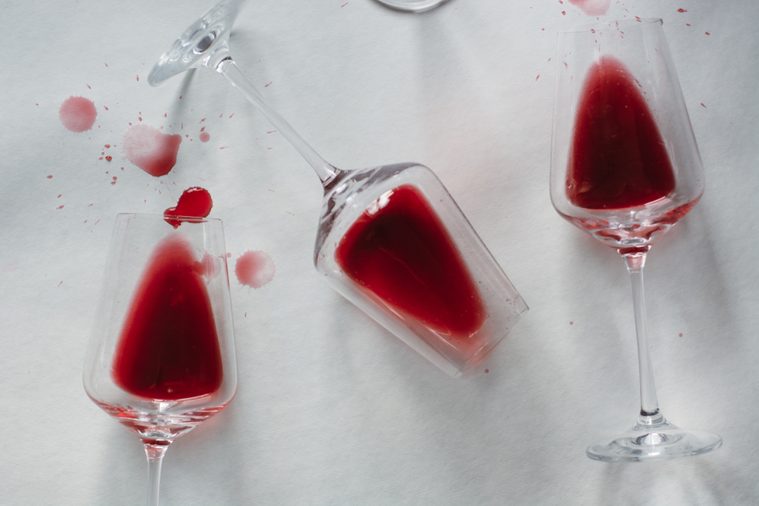
Red wine
Resveratrol, a compound found in cabernet and red wines, may help prevent damage to the linings of blood vessels. This helps prevent plaque buildup, and may lower LDL, says Dr. Vojdani. Of course, drinking it in moderation is key. (Here’s what happens to your body when you drink a glass of wine a day.) “This potential benefit likely disappears once you pass the two-glass threshold,” he says, “as the amount of alcohol will counteract the antioxidant benefit.” You can also get the benefits of resveratrol from eating grapes. But make sure you’re avoiding these foods that are high in cholesterol.
